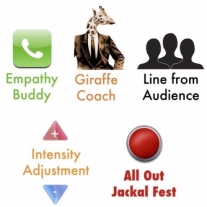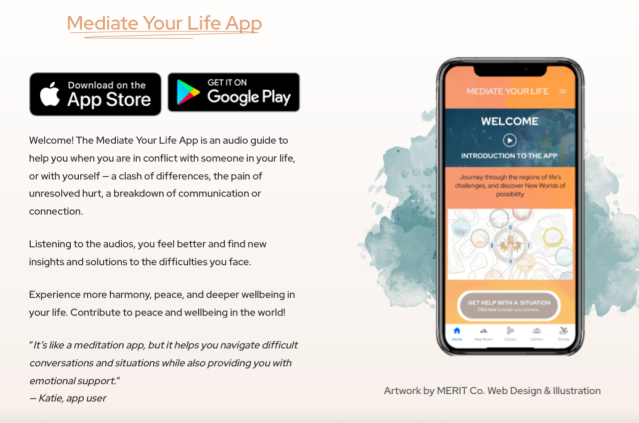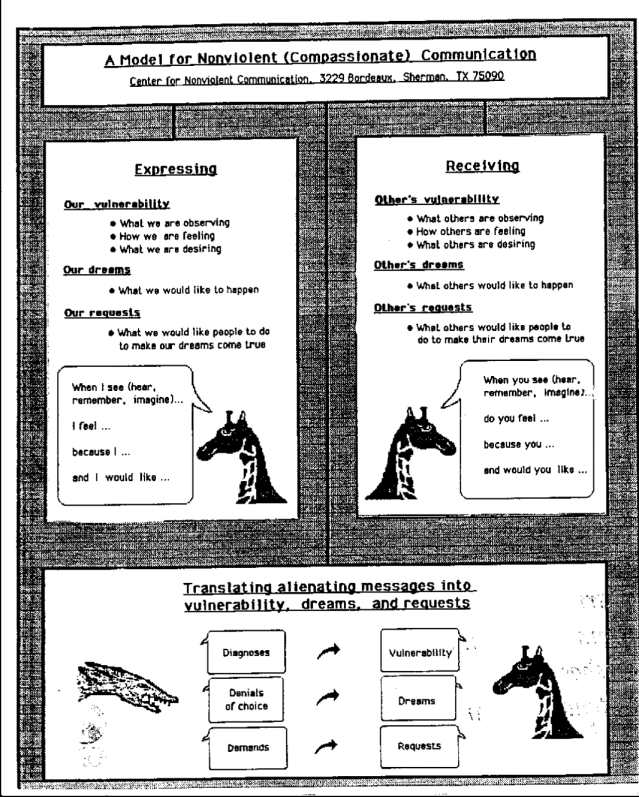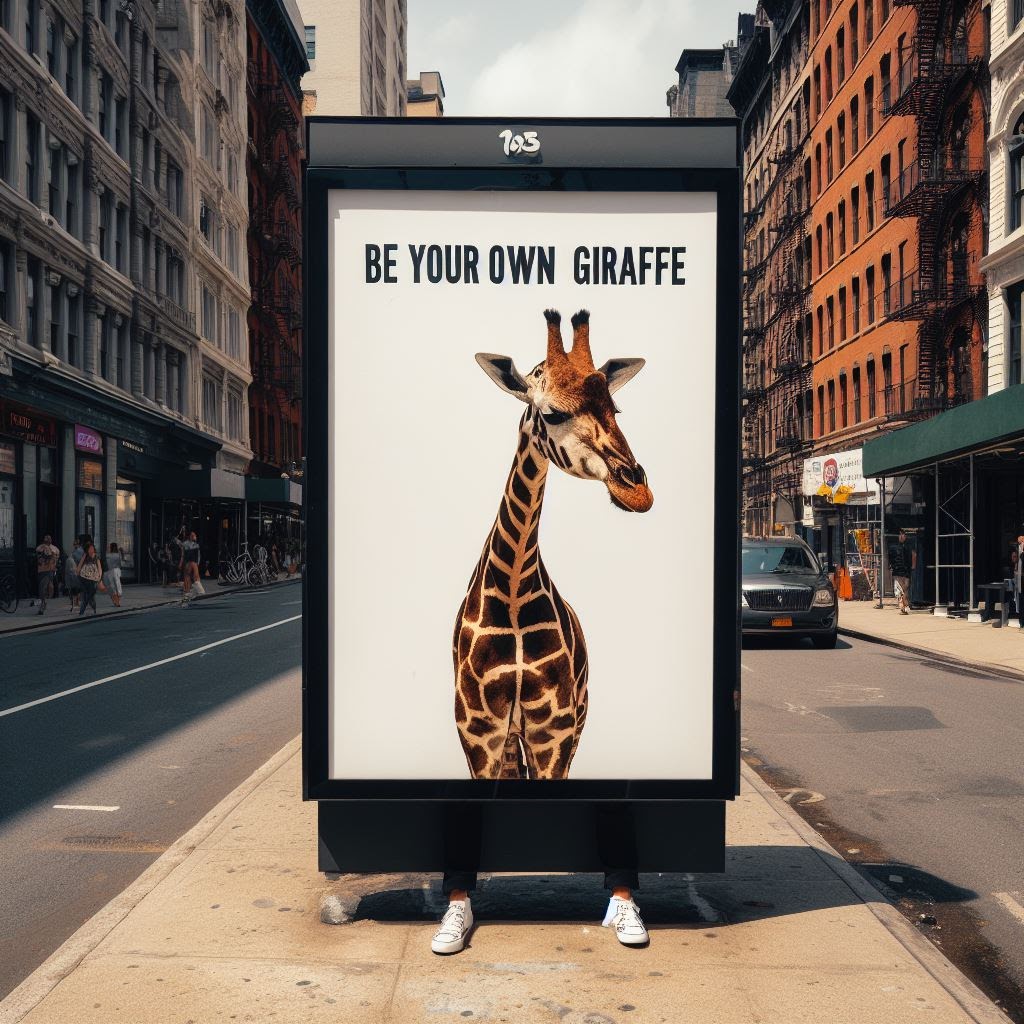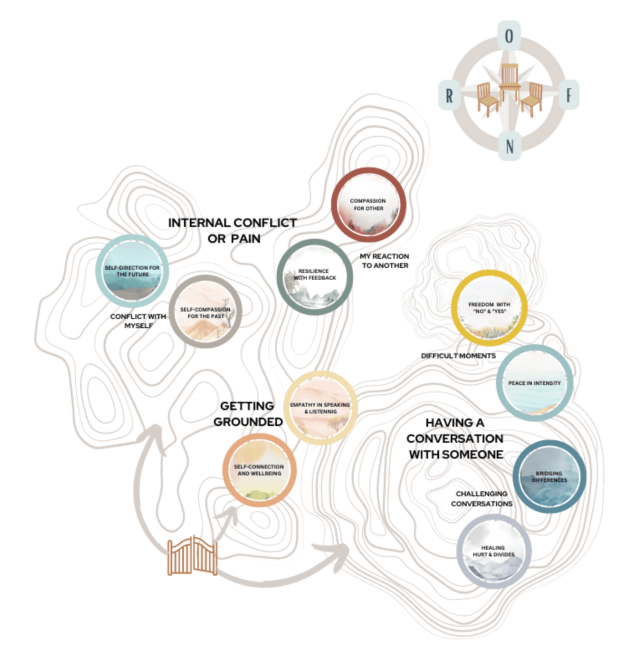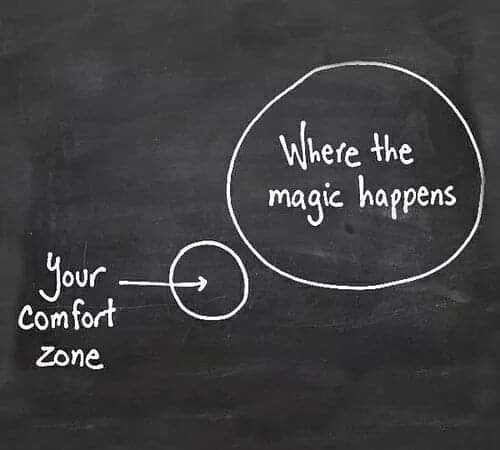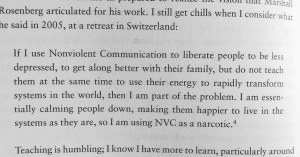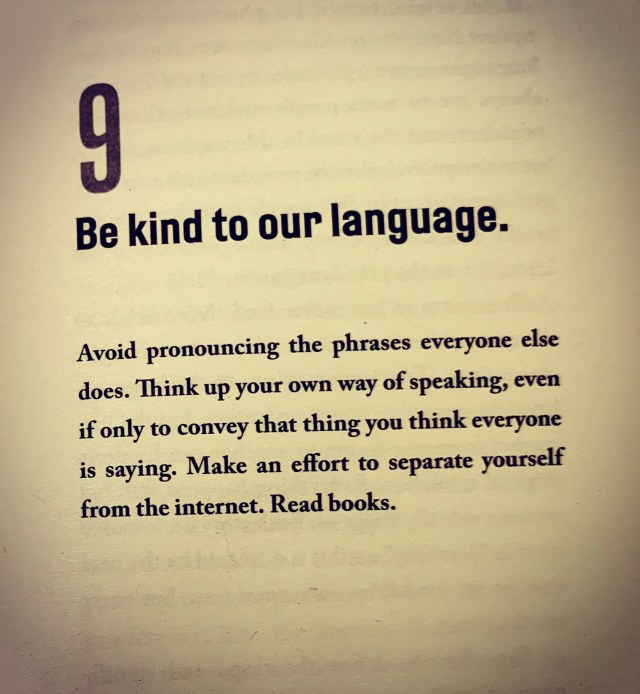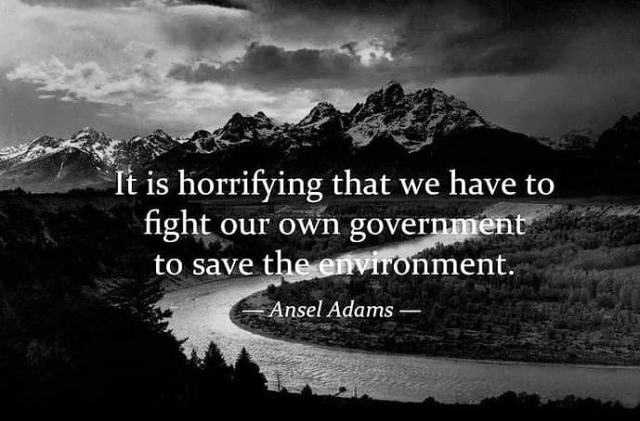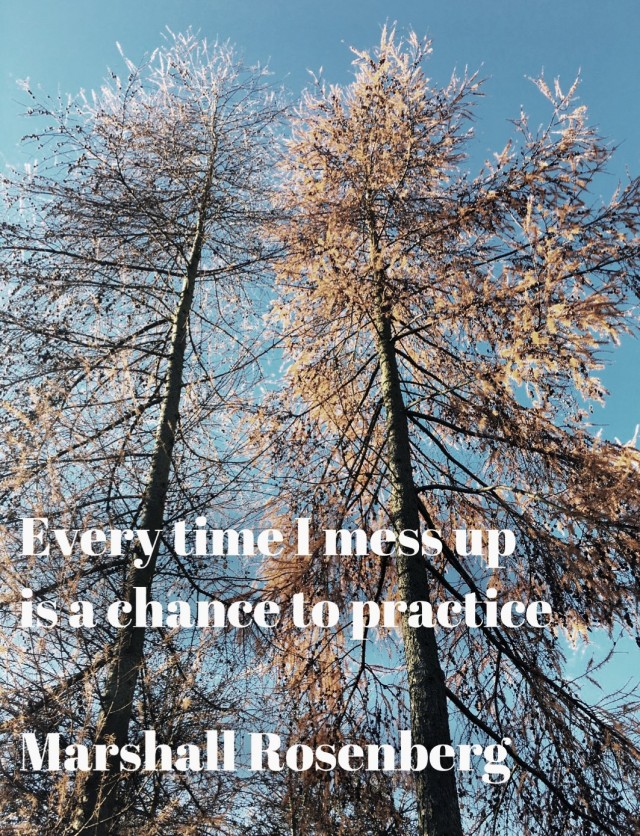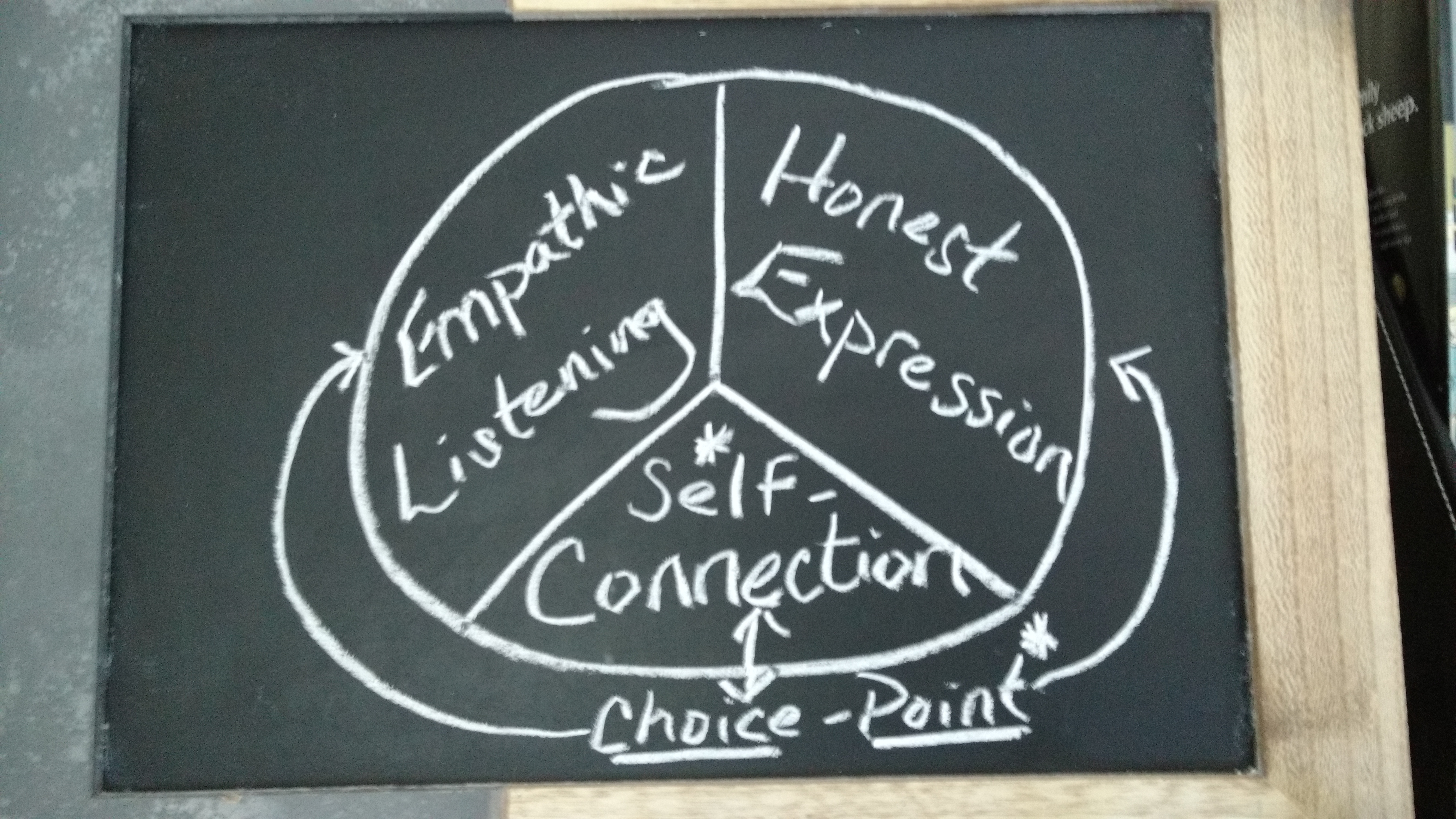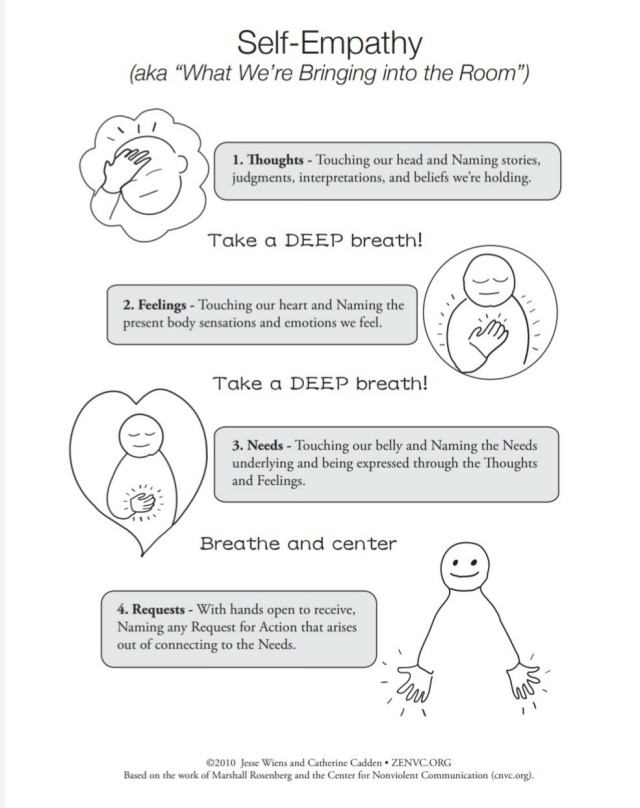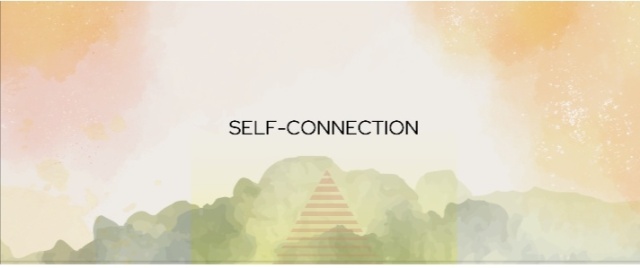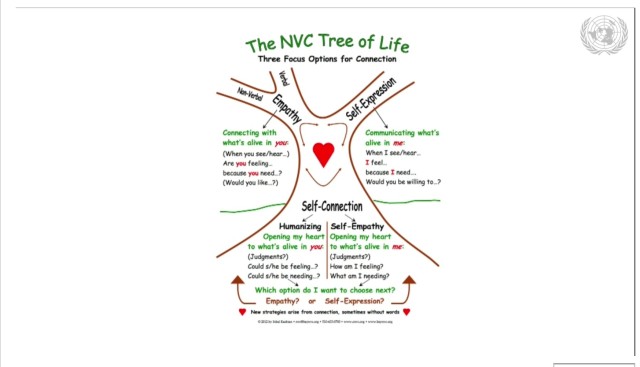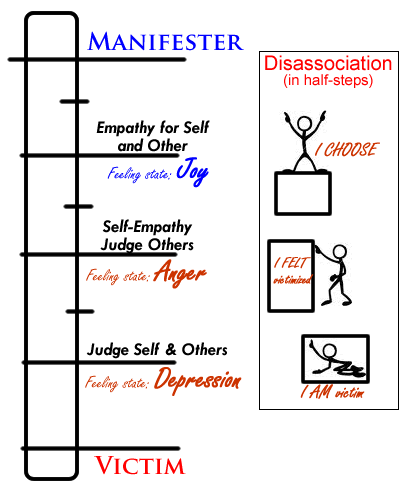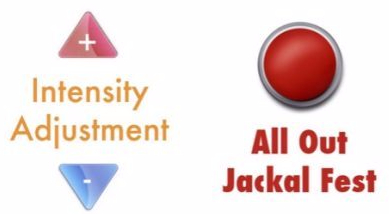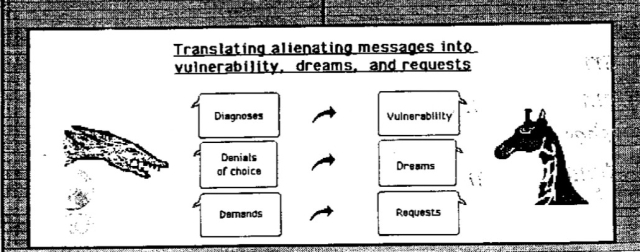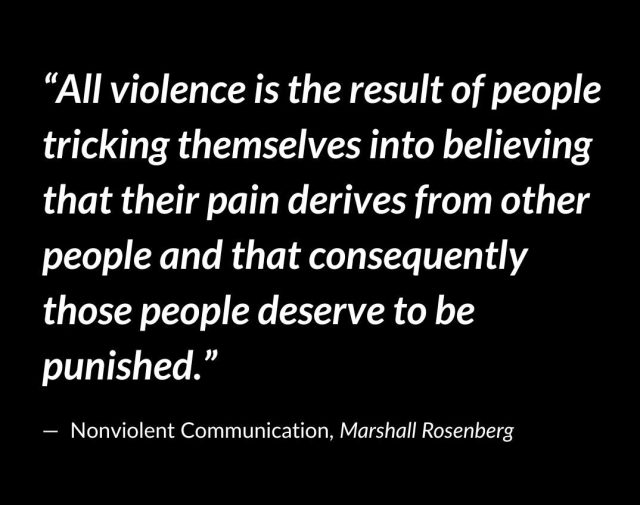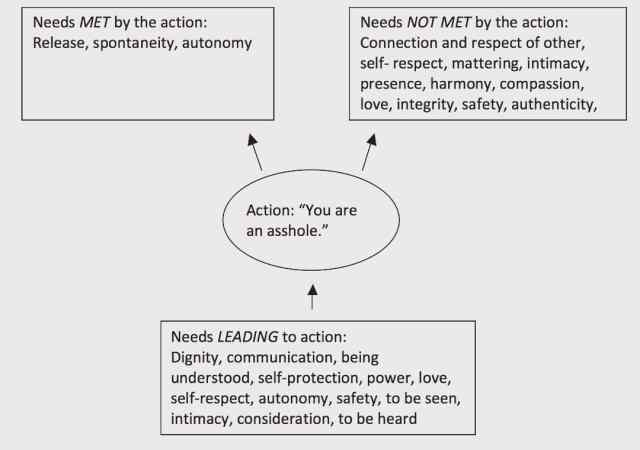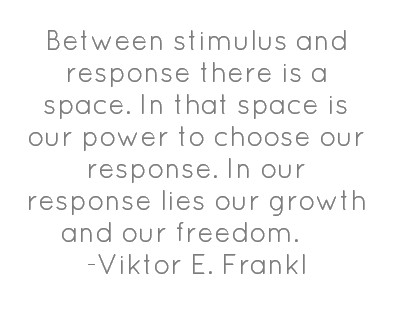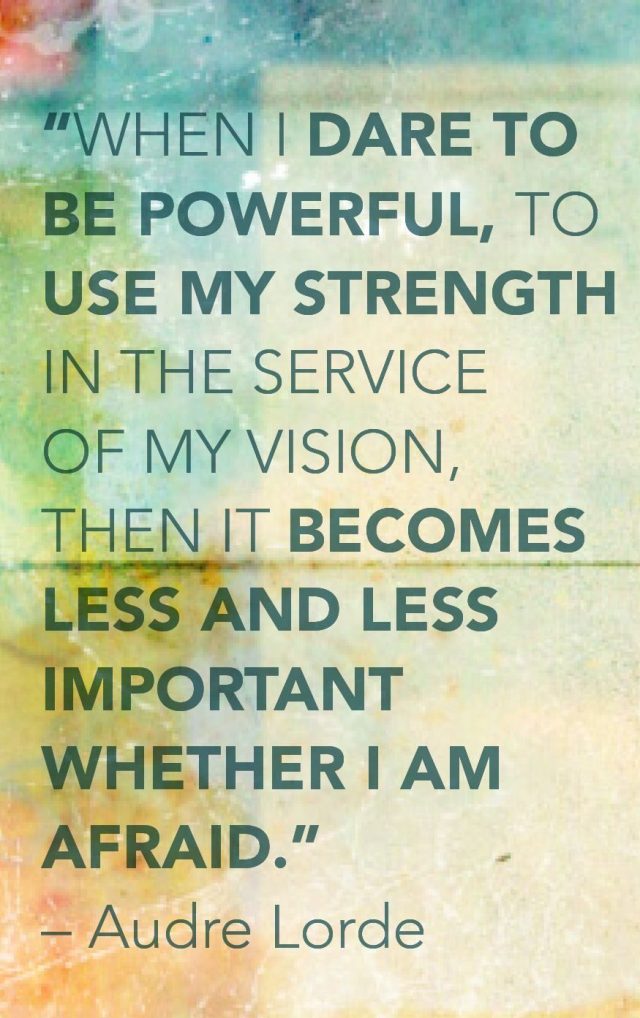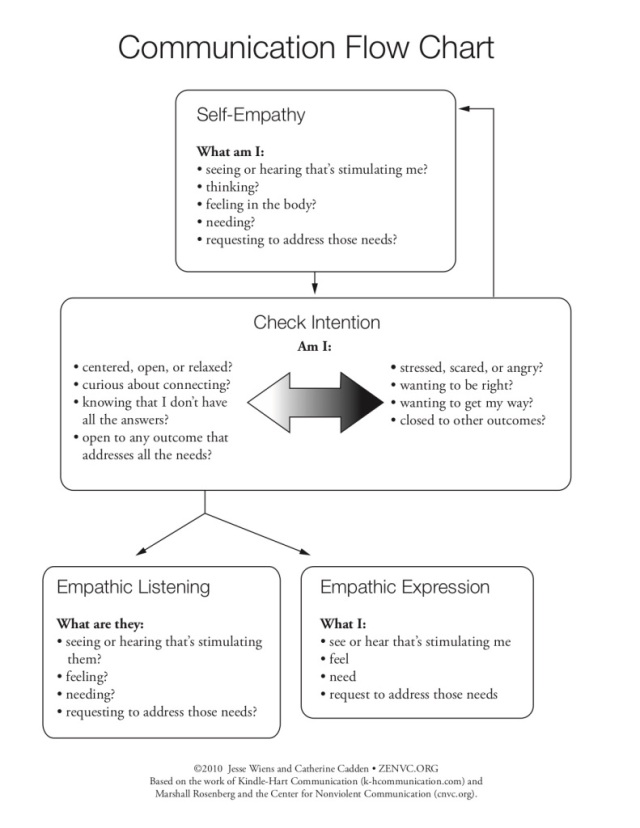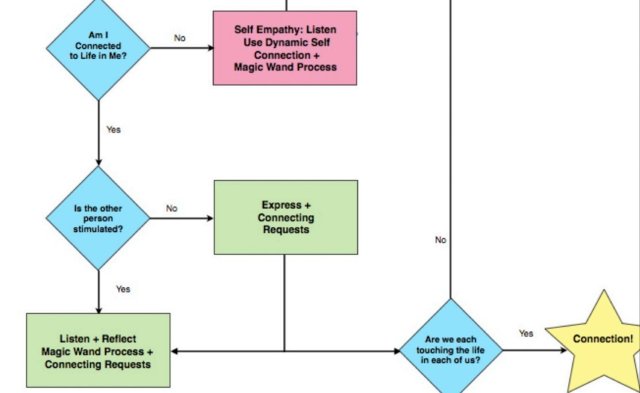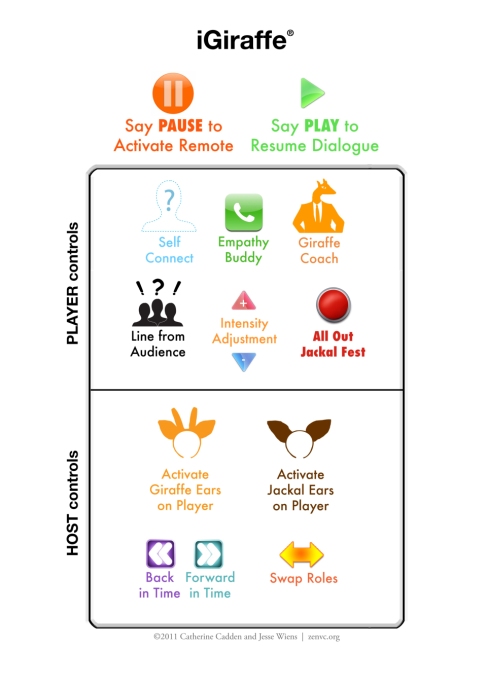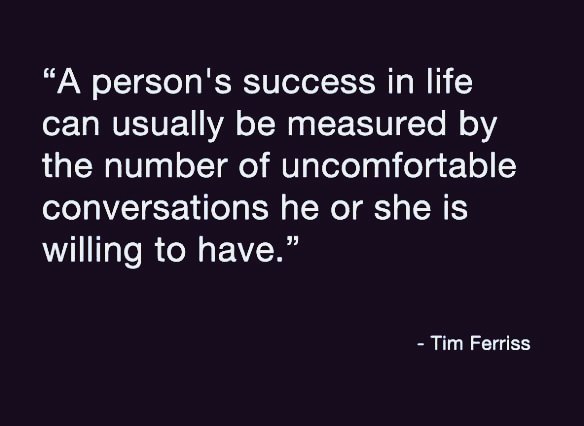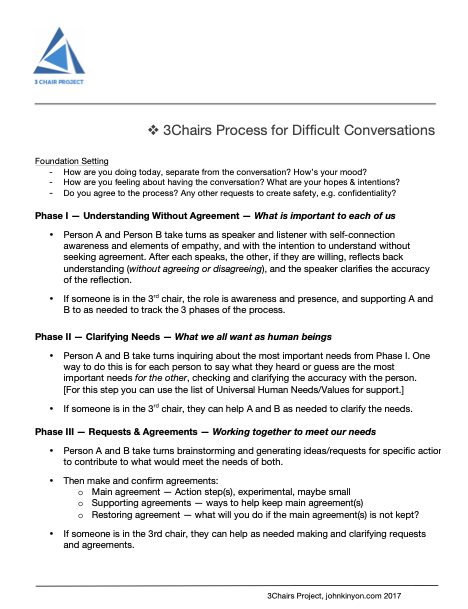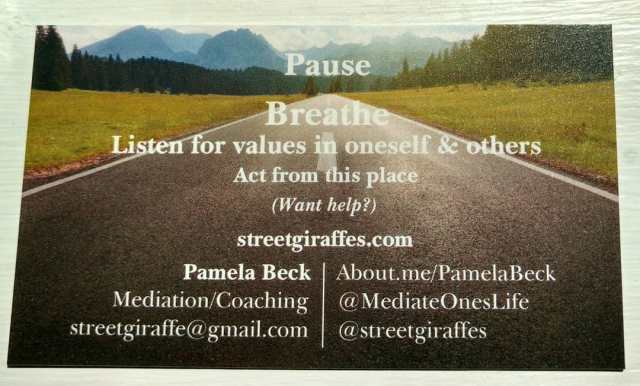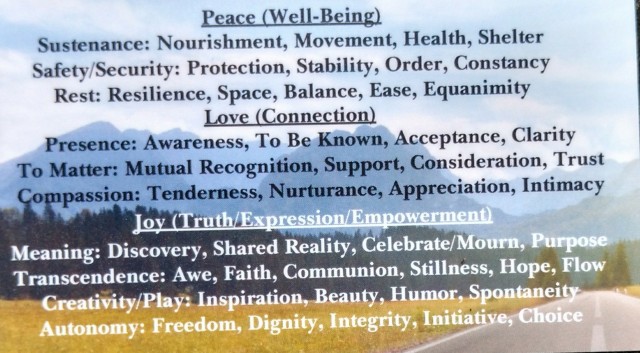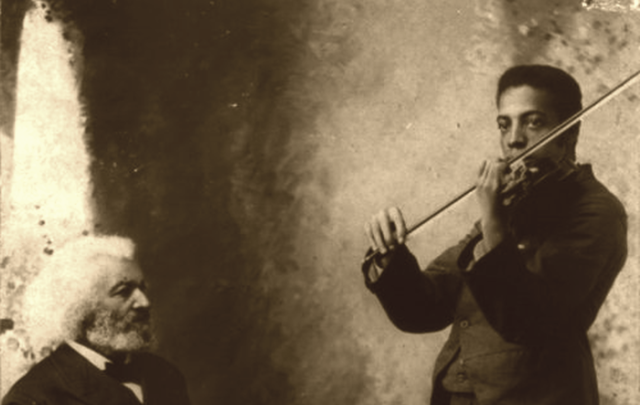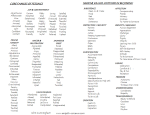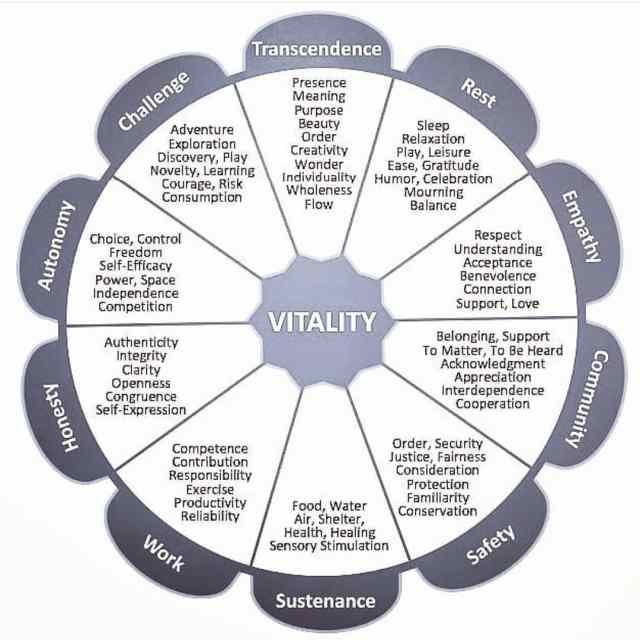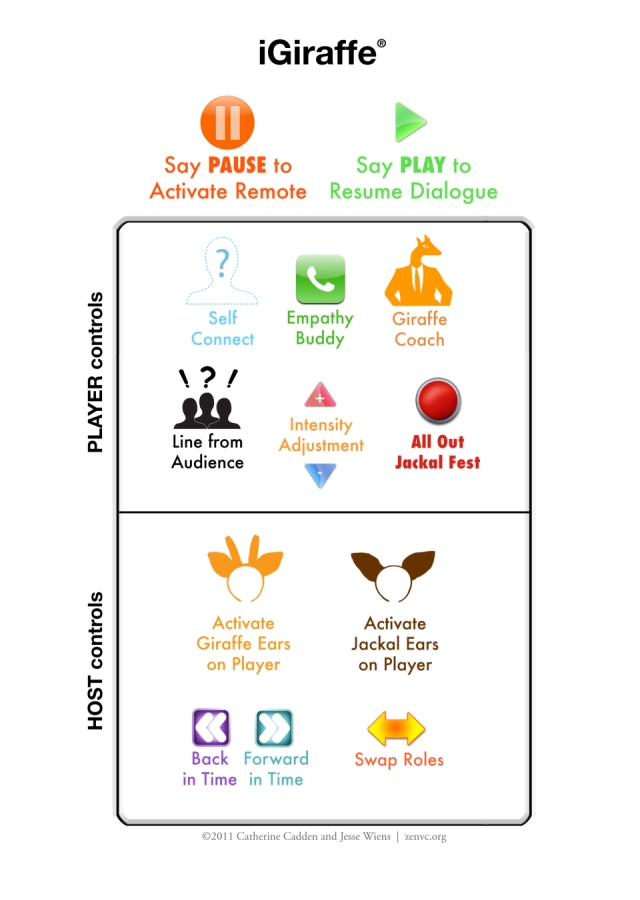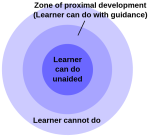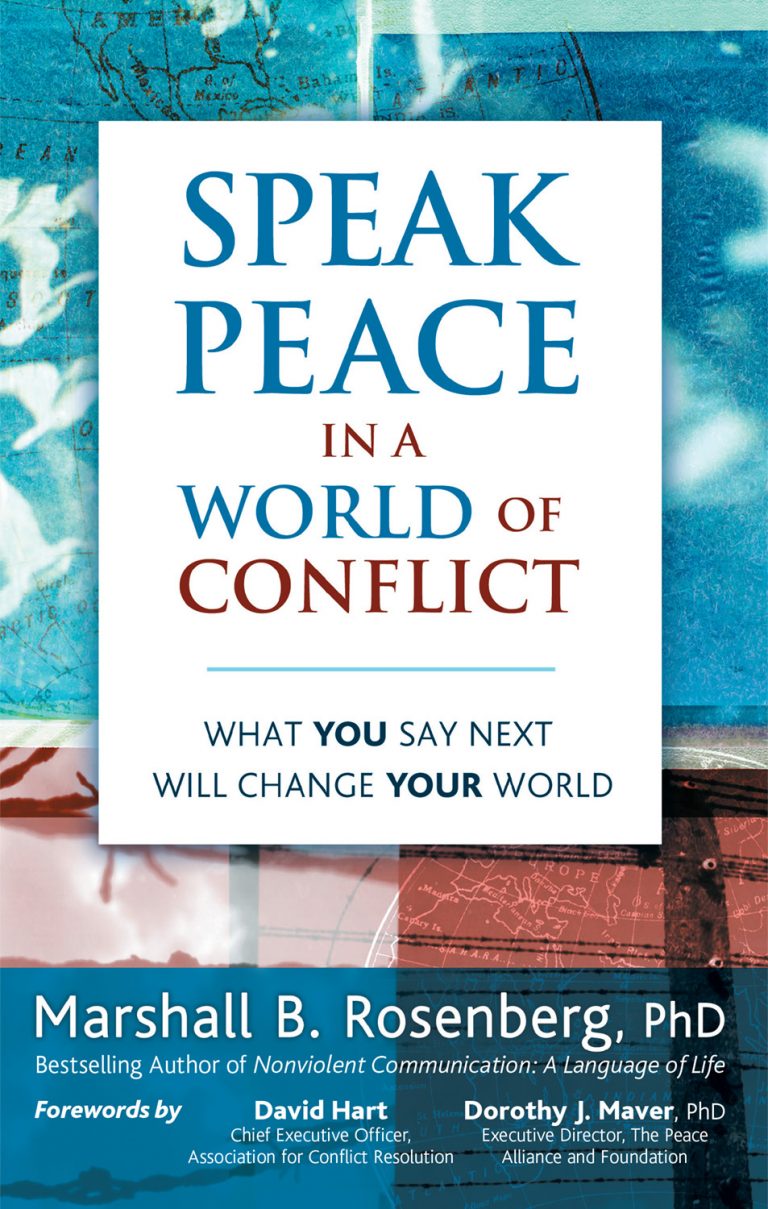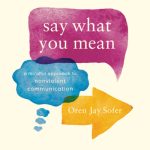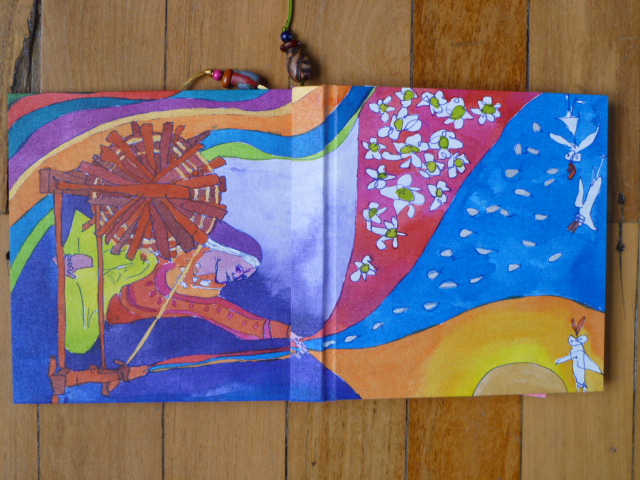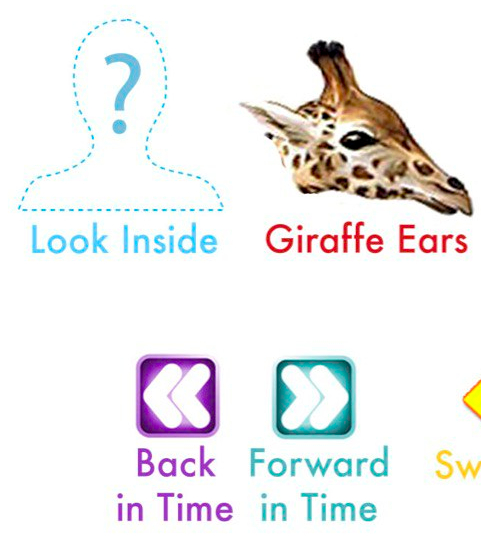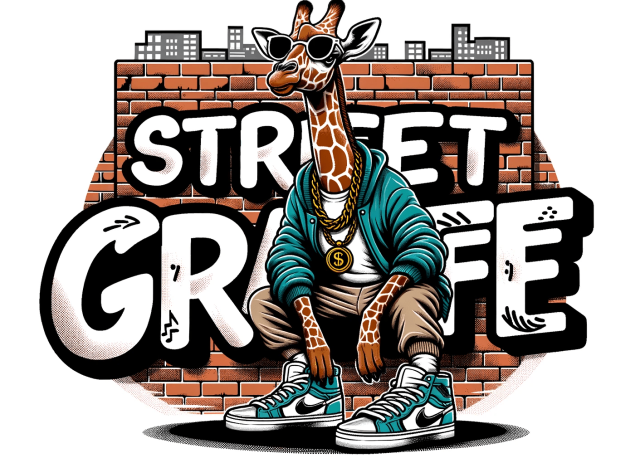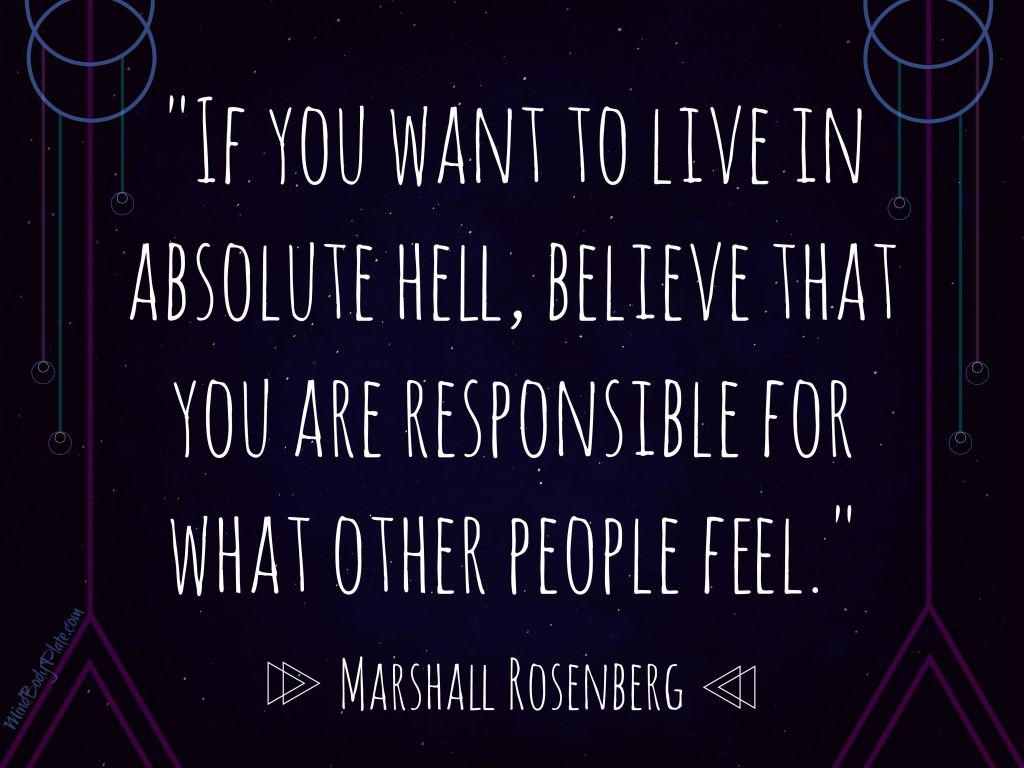What’s Up Next?
Sunday, September 3, 2017 ~
Re-Calibrating the Dream/Nightmare
(read, ‘Houston, we have a problem…’)
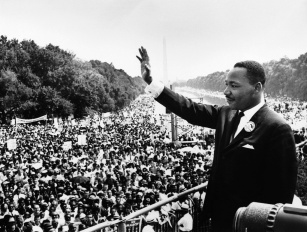 Martin Luther King Jr. addresses a crowd from the steps of the Lincoln Memorial where he delivered his famous, “I Have a Dream,” speech during the Aug. 28, 1963, march on Washington, D.C. (Credit: Marines via Wiki)
Martin Luther King Jr. addresses a crowd from the steps of the Lincoln Memorial where he delivered his famous, “I Have a Dream,” speech during the Aug. 28, 1963, march on Washington, D.C. (Credit: Marines via Wiki)
“[A man’s] moral conscience is the curse he had to accept from the gods in order to gain from them the right to dream.” ~ William Faulkner, interview in The Paris Review (1958)
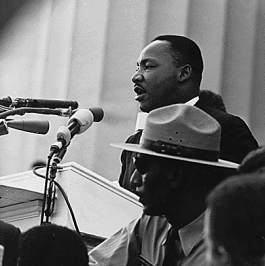 Dr. Martin Luther King, Jr. speaking at the Civil Rights March on Washington, Aug. 28, 1963.
Dr. Martin Luther King, Jr. speaking at the Civil Rights March on Washington, Aug. 28, 1963.
(Credit: Army images)

“Shame. The feeling that will save mankind.”
~ Screenplay for Andrei Tarkovsky’s Solaris (1972)

Inquiry: Are there certain feelings that you have more of an affinity for? Or, conversely, an aversion to? How does the context with which your interpret these feelings serve? And how might it be an impediment?
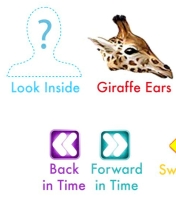
FYI ~ NVCa Advanced (for requests & support)
Shame. What do you believe. Is there a thing like healthy shame? Or is all shame poisonous? See More
“Shame is for sissies.”
~ Baron Edward von Kloberg III,
American lobbyist (1942-2005)

Tools for working with emotional dream/nightmare states of consciousness:
Emotions are action-requiring neurological programs
See also: Linnaea Marvell’s Dynamics of Self-Connection [PDF]
 By Everaldo Coelho via Wikimedia Commons
By Everaldo Coelho via Wikimedia Commons
Linnaea Marvell’s Magic-Wand [PDF]
- For the “magic wand” exercise, link above, reflect on a time when you experienced shame (whether arising organically within yourself &/or prompted by an external stimuli),
- Notice how you reacted: e.g. contraction, rebellion, silence/shut-down, etc.
- When you consider your reaction — i.e. (potentially) restricted range of motion you may have experienced at the time — compost your recollection of the event a bit further by considering what might have mattered that elicited such an evocative emotion (an empathic inquiry, whether in the form of self-connection, &/or with the accompaniment of another).
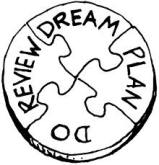
Another enlivening process that is reminiscent of the ‘Magic Wand’ and has the timely title of ‘Dream Cycle’ — pictured above — similarly supports by tapping into one’s vision/dream, resiliently stretching in the process (as Chris Johnstone further expounds upon approximately midway through his book Find Your Power):
- Review ~ What’s going on? How am I doing? What are my concerns?
- Dream ~ What would I like to happen (here)?
- Plan ~ What’s my decision? Deepen determination. Research phase. Identify choice points. How can I take steps to move that way?
- Do ~ Take the steps.
- Review ~ What’s the pattern? How do I feel about it? What’s my response? What happens when I do this? Any changes? Back to top.
What follows is discursive, composed as much to edify she who writes/curates it, as those that may (or may not) peruse it, and so not at all necessary to read through in order to attend the “street giraffes” tele-practice group on Sundays.
Today (date posted), August 28th, is the 54th anniversary of…

By National Park Service Digital Image Archives [Public domain], via Wikimedia Commons
It’s worth noting — perhaps especially in light of current events (Neo-Nazis/White Supremacists parading through streets of Thomas Jefferson’s University of Virginia) — that two and a half weeks after Dr. Martin Luther King, Jr. gave his infamous “I Have a Dream” speech, he then bore witness to a backlash against the Civil Rights Nonviolent movement he championed when four children were killed in a church bombing in Birmingham.
The Lasting Power of Dr. King’s Dream Speech – The New York Times
“Excerpt: The entire March on Washington speech reverberates with biblical rhythms and parallels, and bristles with a panoply of references to other historical and literary texts that would have resonated with his listeners. In addition to allusions to the prophets Isaiah (“I have a dream that one day every valley shall be exalted, every hill and mountain shall be made low”) and Amos (“We will not be satisfied until justice rolls down like waters and righteousness like a mighty stream”), there are echoes of the Declaration of Independence (“the unalienable rights of life, liberty and the pursuit of happiness”); Shakespeare (“this sweltering summer of the Negro’s legitimate discontent”); and popular songs like Woody Guthrie’s “This Land Is Your Land” (“Let freedom ring from the mighty mountains of New York,” “Let freedom ring from the curvaceous slopes of California”)….Along the way, he developed a gift for synthesizing assorted ideas and motifs and making them his own — a gift that enabled him to address many different audiences at once, while making ideas that some might find radical somehow familiar and accessible.”
Within weeks of King’s “Dream” [speech], a nightmare was wrought:
Martin Luther King Jr. ‘Eulogy for the Young Victims’ September 18, 1963
MLK, “God still has a way of ringing good out of evil…”
I recall being struck by the proximity of these two events, when first I learned that the dream of August chilled, as the nightmare of September’s church bombing followed precipitously on its heels.
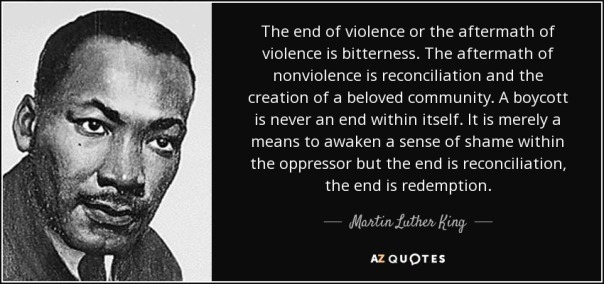
(Notice MLK’s rhetoric in the brief clip, directly below, a nonviolent ethos that seems deliberately infused with the emotion of shame, at least to my ears.)
Martin Luther King, Jr. — What Murdered These Four Girls?
MLK: “What murdered these little girls?
Every negro who refuses to go down to try to register to vote participated in that act…”
One way that I have come to conceive of the variations amongst the ‘holy trinity’ of nonviolence: Gandhi, King, and Mandela — is to note that each of these leaders was dealt a very different hand, in terms of the respective facts on the ground, and each consequently chose to play their nonviolent cards in distinctive ways. Gandhi, perhaps the most overtly pure in his ahimsa quest, was (at least initially) primarily engaged in the expulsion of the Brits from India (so his form of nonviolence rested upon the conscience of an Empire’s unwillingness to unilaterally engage in violence against a colonized, indigenous peoples, unto perpetuity). King & Mandela’s leadership was not one of turf expulsion of the powers that be, rather each had to re-calibrate the equality equation by appealing to a government in power to become increasingly willing to compromise and adopt alternate power sharing measures amongst those who co-existed on common ground. MLK was able to appeal to the federal government for protection against various states with more segregationist policies. Mandela, who was not considered a citizen under an analogous umbrella of an overarching government’s protection, felt he had to resort to other means (after a half century during which strict adherence to nonviolence proved ineffective). All were willing to sacrifice, even to die (Nelson Mandela: An ideal for which I am prepared to die) for their cause, however the take away, for me, in considering these men and their varying, respective paths despite obvious heartfelt conviction, is that nonviolence is not necessarily a one-size-fits-all proposition vis-a-vis (social justice) efficacy. One must be tactical in formulating strategies that will adequately attend to the needs in play. In other words, what may initially seem to be ‘violent’ — not in alignment with ahimsa’s pure essence — may in the long run prevent even more suffering (a notion distilled in NVC’s idea of the ‘protective use of force’).

MLK: “What murdered these poor young girls? …The apathy and the complacency of many negroes who will sit down on their stools and do nothing and will not engage in creative protest to get rid of this evil system…”
And MLK said this despite…

John Lewis, American civil rights activist and (future) member of the House of Representatives (D-Georgia), at meeting of American Society of Newspaper Editors. (Courtesy of Marion S. Trikosko, U.S. News and World Reports via Wikimedia Commons) |
Via WaPo: Rep. John Lewis (D-Ga.), then an official of the Student Nonviolent Coordinating Committee, was the youngest speaker at the march. “We march today for jobs and freedom, but we have nothing to be proud of, for hundreds and thousands of our brothers are not here — for they have no money for their transportation, for they are receiving starvation wages…”
Each of these men were egalitarian game-changers, even if at times their strategies inevitably provoked violence (with a more harmonious end in mind), and while each may have conceived of their principled stance to diminish long-term suffering in rather differing ways — in my estimation — neither MLK nor Mandela would necessarily pass a stringent NVC ‘litmus test’ (e.g. MLK’s intentional evocation of shame, Mandela’s tactical rather than principled approach to nonviolence). A bit of “heterodoxy” that demonstrates that the historical evolution of nonviolence — a movement that tipped the balance of power in three separate nations — cannot be viewed as monolithic; something well worth considering (methinks), especially in light of the strategic efficacy necessary given the contemporary stakes of our Anthropocene era.
Bertrand Russell’s Advice for Future Generations
“Policy advocates engaged in changing public opinion rarely pay much attention to what the academic literature says about how public opinion is formed and how and why it changes. That’s too bad, because while political scientists disagree about a lot of things, this is not one of them. Several decades of robust empirical tests offer a pretty good road map for those who want to effectively go about ‘waging and winning the war of ideas.’ …Elite discourse—not interpersonal discourse or influence—is the dominant means of transmitting political messages.” ~ Jerry Taylor — How To Change Public Opinion
FYI ~ Common Dreams: Not Your Grandma’s Civil Rights Strategy
Excerpt from link above (via Jon Else): “…Voting Rights Act of 1965, and the Fair Housing Act of 1968 — and hundreds of decisions handed down by federal district courts, circuit courts, and the Supreme Court all slowly expanded protections to African Americans and set precedents for all Americans. Unlike blacks within white-ruled South Africa who, at the time, were not citizens of their own nation and had little hope of federal protection, blacks across the deep South could succeed because they were citizens not only of their own states, but of the United States.”
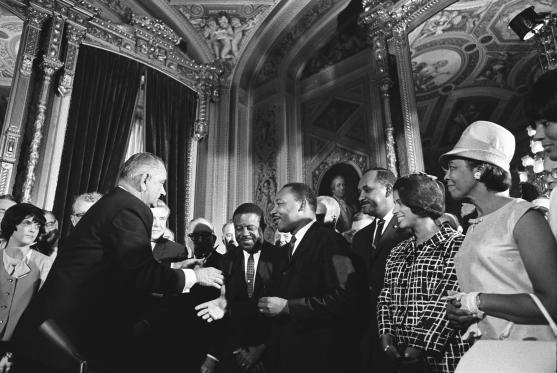
President Lyndon B. Johnson meets with Martin Luther King, Jr. at the signing of the Voting Rights Act of 1965
(Credit: Yoichi Okamoto via Wikimedia Commons)
Ari Berman – Give us the Ballot
The GOP’s Attack on Voting Rights Was the Most Under-Covered Story of 2016
Waiting for a Perfect Protest?
Well-intended moderates have used unrealistic standards to judge anti-racism activism. But this is nothing new — just ask Martin Luther King Jr.

See also ~ Additional posts re: Mandela’s use of nonviolence as a tactic to transform South Africa.
What struck me, when I first encountered this photograph (taken from within Lincoln’s Memorial gazing out on MLK ‘dream speech’ on its steps and further over the crowds surrounding the reflecting pool, circa August 28th), was the sense I had — of ‘looking over’ Abraham Lincoln’s proverbial shoulder, at the 1963 March on Washington, but unavoidably from my own 21st century vantage point, now, more than a half century later and with a president of African descent having occupied the oval office — was how gazing at this image seemed to viscerally exemplify MLK’s notion that “the arc of the moral universe is long but it bends toward justice.”

By The White House from Washington, DC,
via Wikimedia Commons
This blog is about dialogue, so the historical retrospective as to nonviolence’s three most iconic figures is offered for the sake of examining why context can necessitate a more nuanced view when choosing which strategies will truly attend to needs.
Nonverbal communication – Wikipedia:
NVC theory
Overview

Cards with basic human needs in the hands of exercise group participants.
(Courtesy of Wikimedia Commons)
Via Wikipedia: “Nonviolent Communication holds that most conflicts between individuals or groups arise from miscommunication about their human needs, due to coercive or manipulative language that aims to induce fear, guilt, shame, etc. These ‘violent’ modes of communication, when used during a conflict, divert the attention of the participants away from clarifying their needs, their feelings, their perceptions, and their requests, thus perpetuating the conflict.”
Certainly, the “what murdered these young girls” speech given by MLK could be translated from the ‘shaming, guilting, fear-ridden’ jackal dialect into something more resembling giraffe, toward better adherence with NVC’s ethos, however would it then be more persuasive? Would MLK still be MLK if his speeches were all scrubbed in this way? I have a sense that this whitewashing, pardon the pun, would drain some of the life and moral force with which MLK moved a nation. To place these two speeches in an NVC context, one might note that the ‘dream’ speech was infused with the living energy of needs (perhaps Marshall Rosenberg was inspired by MLK when he first formulated his concept of wants/needs), while the four little girls speech could be viewed as employing ‘jackal’ as a kind of ‘protective use of force’ to buffer against the (ongoing) threat of physical violence. So, it might be said, that MLK reserved his “bi-lingual” tongue.
MLK: “…What murdered these four young girls? …Was the negro business and professional individual who is more concerned with his job then he is with freedom and justice.”
Similarly, when the devastating consequences of certain social ills — such as climate breakdown — loom large, encroaching ever nearer with a sense of cataclysmic urgency, it can be difficult to know how widespread the appeal of an NVC type dialect, in all circumstances, nor envision that a crucial tipping point would motivate complicit actors/entities and galvanize sufficient masses in time.
The Strange Future Hurricane Harvey Portends – The Atlantic
CNN: Now we have a moral duty to talk about climate change
Soldiers with the Texas Army National Guard move through flooded Houston streets as floodwaters from Hurricane Harvey continue to rise, Monday, August 28, 2017. More than 12,000 members of the Texas National Guard have been called out to support local authorities in response to the storm.
 U.S. Army photo by 1st Lt. Zachary West (via Wikimedia Commons)
U.S. Army photo by 1st Lt. Zachary West (via Wikimedia Commons)
Trump’s EPA Claims Climate Scientists Are Politicizing Hurricane Harvey
How America Went Haywire – The Atlantic
Excerpt: “And if the ’60s amounted to a national nervous breakdown, we are probably mistaken to consider ourselves over it….What’s problematic is going overboard—letting the subjective entirely override the objective; thinking and acting as if opinions and feelings are just as true as facts. The American experiment, the original embodiment of the great Enlightenment idea of intellectual freedom, whereby every individual is welcome to believe anything she wishes, has metastasized out of control…”
Rick Perry Quote: [In regards to climate change] “The science is not settled on this. The idea that we would put Americans’ economy in jeopardy based on scientific theory that’s not settled yet to me is nonsense. I mean, and I told somebody, I said, just because you have a group of scientists that have stood up and said, ‘Here is the fact’…Galileo got outvoted for a spell.”
Borges opens his essay on The Art of Verbal Abuse, “A conscientious study of other literary genres has led me to believe in the greater value of insult and mockery. The aggressor, I tell myself, knows that the tables will be turned, and that “anything you say may be used against you,” as the honest constables of Scotland Yard warn us. That fear is bound to produce special anxieties, which we tend to disregard on more comfortable occasions…” (continues)
(FYI: criticism referencing Nonviolence)
My social-change agency preoccupations, these days, are primarily concerned with the issue of climate disruption and so for the duration of this post I will focus on shame with this in mind — rather than examine other kinds of deviations from a ‘higher octane’ ahimsa.
|
Diorama of Rosa Parks in Her Bus Seat – National Civil Rights Museum – Downtown Memphis – Tennessee – USA
|
 By Adam Jones, Ph.D. via Wikimedia Commons
By Adam Jones, Ph.D. via Wikimedia Commons
Three Cheers for Cultural Appropriation – The New York Times
Why We Should Put Women on Pedestals
Since statues tell us whom society deems important, more female figures are in order.

Athena holding a helmet and a spear, with an owl.
Attributed to the Brygos Painter (circa 490–480 BC).
The Metropolitan Museum of Art.
In Praise of Equipoise – The New York Times
#Silence=Death
I do this as a cri de coeur, given the dire circumstances in which we find ourselves, as a species/civilization, and with the inspiration of King & Mandela’s creativity in nonviolent ethos adaptability. In other words, historically nonviolence has not been monolithic, and has had to evolve in order to survive and thrive. Similarly, I’m concerned with too monochrome an approach to NVC and, conversely, how a dialogic diversity of tactics, and a more nuanced (shades of gray vs. black/white) world view could play a role in retrofitting NVC to better address the pressing concerns of the anthropocene age in which we live..
Borges concludes, “…Let me add a certain virile reply recorded by De Quincey (Writings XI, 226). Someone flung a glass of wine in the face of a gentleman during a theological or literary debate. The victim did not show any emotion and said to the offender: “This, sir, is a digression: now, if you please, for the argument.” (The author of that reply, a certain Dr. Henderson, died in Oxford around 1787, without leaving us any memory other than those just words: a sufficient and beautiful immortality.)
A popular tale, which I picked up in Geneva during the last years of World War I, tells of Miguel Servet’s reply to the inquisitors who had condemned him to the stake: ‘I will burn, but this is a mere event. We shall continue our discussion in eternity.'”
[PDF] Borges: The Art of Verbal Abuse – Gwern.net
Sylvan Esso – Die Young
“‘Die Young’ was the endgame of that for me.
That’s one of the songs I’m proudest of.”
~ Amelia Meath via NYT
#ButterflyEffect

What follows is an exploration of shame — in both present day & historical examples, both personal & political contexts — to better attend to the need for discernment, in employing tactical uses of nonviolence toward diminished suffering…
George W. Bush: “Fool me once, shame on… shame on you. Fool me, you can’t get fooled again.”
The personal is political: the journey of a feminist slogan …
“All successful slogans are subject to misappropriation:
it is a sign of their success. The personal is political – but mind the gap.” ~ Rahila Gupta

Four writers/researchers — Liv Larsson, Brene Brown, Karla McLaren & Jennifer Jacquet — all with differing takes on shame. (Track how each might be assessed by MLK’s order/justice ratio &/or Gupta’s ‘mind the gap’ cautionary note.) |
|---|
Liv Larsson author of Anger, Guilt, & Shame, “Shame has a natural core, but the way that it’s being lived out in the world, in our lives, it’s not helpful anymore…“
Brené Brown (Shame & Vulnerability Researcher), “Shame is far more likely to cause destructive behaviors than it is to cure it…”
Karla McLaren author of The Language of Emotions, “Yeah, shame and guilt are delightful! Some of the best emotions ever…”
Jennifer Jacquet author of Is Shame Necessary?, “So, I’m interested in how we make six billion people get along and one way we can do that is through shame…”
Broader context, below, of remarks (above)…
Liv Larsson, “Shame is ruling people’s lives. People are making choices that they would not do if they wouldn’t feel shame. People run away from the shame, and the anger, and the guilt instead of making a free choice as to how they want to live. So actually shame that makes the decisions, and not you, and you will never feel happy in that way… So shame is also very often there in a mediation situation. People are very often feeling shame when there is a conflict or when something happened that led to disconnection. So in knowing shame is crucial for being a mediator. I would say that shame is a bigger problem than a conflict. Conflict is a natural thing. Shame has a natural core, but the way that it’s being lived out in the world, in our lives, it’s not helpful anymore. It’s stopping us living from our full potential, it’s stopping us from having deep connection, it’s stopping us from having empathy and care for each another. And it’s not shame in itself but the way that we approach shame or the way that we deal with it that is the problem.”
YouTube: Liv Larsson talks about mediation and shame
See also: “Shame, guilt and anger are life-serving signals. We have misinterpreted these signals. We need to reinterpret them if we want to be able to manage them in ways that work for us.” (continues: [PDF] Chapter 1 Shame, Guilt and Anger – NVC)
Brene Brown, “Shame is far more likely to cause destructive behaviors than it is to cure it…”
Via CBS This Morning:
Despite the positive stories coming out of Houston, there remains a deep political divide marked by heated rhetoric on both sides. Brown warns that dehumanization is a “subtle process” and it starts with language.
For that to happen, “We have to slowly move groups of people out of what we consider moral inclusion. We have to move them out of what we see as humanity,” Brown said. “If you go on Twitter today, or Facebook, or any social [media] we see people on the left and right using dehumanizing language about each other like that. And it is terrifying.”
What I find interesting about the NPR interview beneath, is that in discussing shame, Brene Brown does acknowledge that there are some people “who don’t experience shame” as they “have no capacity for human empathy or connection” (and certainly as a researcher she is likely away of the findings that those who are on this end of the continuum are disproportionately represented in positions of power, such as the heads of multi-national corporations). Which begs the question of what kind of efficacy the ‘personal development’ type tools will have when extrapolated to a more realpolitik arena? (A similar dilemma that was faced by MLK & Mandela — an opponent who would dehumanize without remorse — and thus needed to be met with some sort of force, whether by appealing to an even mightier ‘power-over’ as with MLK’s appeal to the federal government to crack down on state/local racism or the even trickier dilemma that confronted Mandela, representing a people devoid of such protections and whose appeals fell on deaf ears decade after decade.)
Brené Brown: Can We Gain Strength From Shame? : NPR
Brown: “…So very quickly, really about 6 weeks into this research, I ran into this unnamed thing that absolutely unraveled connection in a way that I didn’t understand or had never seen. And so I pulled back out of the research and thought, I need to figure out what this is. And it turned out to be shame. And shame is really easily understood as the fear of disconnection. Is there something about me, that if other people know it or see it, that I won’t be worthy of connection. The things I can tell you about it, it’s universal. We all have it. The only people who don’t experience shame have no capacity for human empathy or connection. No one wants to talk about it, and the less you talk about it, the more you have it. What underpinned this shame, this I’m not good enough…”
‘Messages of Shame Are Organized Around Gender’ – The Atlantic
Dr. Brené Brown: “Shame Is Lethal”
Shame is Your Friend!
Via YouTube channel — Emotion Dynamics: “Shame is a crucial social emotion that supports your integrity, your behavior, and your moral structure. Shame is also necessary for the development of empathy. When you can understand the vital purpose of shame and learn to work with it, your life will improve in remarkable ways. See Embracing Guilt and Shame: http://karlamclaren.com/embracing-gui… This Empathic Mindfulness practice called Burning Contracts is particularly helpful for addressing toxic shame: http://karlamclaren.com/reworking-a-t…“
What Happens When You Shame Other People?
Shame: The excruciating, exquisite, and indispensable emotion – Karla McLaren
The Gifts of Shame: Restoring Integrity
Integrity ~ Atonement ~ Self-respect ~ The capacity to amend your behavior
Emotional Vocabulary List (you can download this list here):
Lite (free-flowing) Shame
Hesitant ~ Flushed ~ Self-conscious ~ Speechless ~ Discomfited ~ Awkward ~ Humble ~ Reticent ~ Abashed ~ Flustered ~ Withdrawn
Shame in its Mood State
Ashamed ~ Guilty ~ Embarrassed ~ Intimidated ~ Penitent ~ Regretful ~ Remorseful ~ Chagrined ~ Culpable ~ Reproachful ~ Sheepish ~ Rueful ~ Contrite ~ Humbled
Intense Shame
Humiliated ~ Guilt-ridden ~ Guilt-stricken ~ Disgraced ~ Stigmatized ~ Mortified ~ Self-condemning ~ Self-flagellating ~ Degraded ~ Shamefaced ~ Belittled ~ Demeaned ~ Ostracized
Karla McLaren: “As I’ve gone through my life working with emotions And I found this definition which was created by a neuroscientist of emotion, Antonio Damasio, and he says thats emotions are action-requiring neurological programs. And that’s such a wonderful definition because it doesn’t call emotions good or bad. It doesn’t say they’re negative, or they’re evil, or they’re the best things in the world, or you should stop having them, or you should have more of them. But if you can look at emotions as action requiring neurological programs and turn towards the emotion rather than running away from it and turn toward the emotion and ask ‘what action do you require from me?’ You can start to develop a brand new relationship with your emotions where you can access the skills, gifts and abilities that they bring you rather than treating them as something that happens to you…”
Antonio Damasio: The quest to understand consciousness | TED Talk
The Gifts of Shame: Restoring Integrity
The Gifts of Shame – Karla McLaren
Excerpt (from McLaren’s blog post):
…For today, let’s welcome our authentic shame with open arms and learn about the gifts it brings us!
The Gifts of Shame: Restoring Integrity
Integrity ~ Atonement ~ Self-respect ~ The capacity to amend your behavior
Shame is a form of anger that arises when your boundaries have been broken from the inside – by something you’ve done wrong, or have been convinced is wrong. While anger is the honorable sentry that faces outward and protects your boundaries from external damage, shame is the sentry that faces inward and protects your internal boundaries (and the boundaries of others) from your own incorrect or ill-conceived behaviors.
Shame is a vital and irreplaceable emotion that helps you mature into a conscious and well-regulated person. With shame’s assistance, you’ll be able to honorably monitor your emotions, your thoughts, your desires, and your behavior. However, if you don’t have conscious access to your own authentic shame, you won’t understand yourself, you’ll be haunted by improper behaviors and compulsions, you may explode with the toxic shame that torments you, and you’ll be unable to stand upright at the center of your psyche.
The questions for shame are: Who (or what) has been hurt? and What must be made right? These questions help you stand upright and use shame honorably… (continues)
Tags: Anger, Empathy, Shame, The Language of Emotions
Karla McLaren (3 mins), “Yeah, shame and guilt are delightful!
Some of the best emotions ever…”
Jennifer Jacquet, “So, I’m interested in how we make six billion people get along and one way we can do that is through shame…”
(Opens with shame pictures of totem poles, carved by indigenous Americans since the 1700s,)
Jennifer Jacquet at the NYS Writers Institute
“Shame is nothing without the norm that it’s attached to…”
~ Jennifer Jacquet
Jennifer Jacquet, “Is Shame Necessary?”
Jennifer Jacquet, “…These emotions, like personal shame, are painful and very memorable. That is not what this book is about. .. This is not about the personal shame that doesn’t allow you to connect with people or form deep relationships. It’s not about the deep personal shame that prevents you from getting up in the morning. It’s about a different form of shame. It’s about the type of tool that you can use to change behavior. Often times this form of shame actually requires a lot of courage. And it’s the type of shame that can obviously do good or bad, but has been used by groups to stop mountain top removal, it’s been used to stop entire governments from executing juvenile offenders… It’s more about group help. It’s not about the feeling of personal shame but the power of social disapproval and the power of reputation to change things at scale.”
“The personal is political – but mind the gap.”
~ Rahila Gupta
| Shame evoked merely by bearing witness to the public square |
|---|
“Now, when I say questioning the whole society, it means ultimately coming to see that the problem of racism, the problem of economic exploitation, and the problem of war are all tied together. These are the triple evils that are interrelated.”
-Martin Luther King Jr., Where Do We Go From Here? (1967)
Charlottesville: Race and Terror – VICE News
Mark Bray v. Richard Cohen from Meet the Press 8-20-17
Our Broken Economy, in One Simple Chart
NYT: “This chart captures the rise in inequality better than any other chart that I’ve seen.”

Neoliberalism: the idea that swallowed the world
News | The Guardian
By Stephen Metcalf: Last summer, researchers at the International Monetary Fund settled a long and bitter debate over “neoliberalism”: they admitted it exists. Three senior economists at the IMF, an organisation not known for its incaution, published a paper questioning the benefits of neoliberalism. In so doing, they helped put to rest the idea that the word is nothing more than a political slur, or a term without any analytic power. The paper gently called out a “neoliberal agenda” for pushing deregulation on economies around the world… (continues)
Neoliberalism has conned us into fighting climate as individuals –
The Guardian
@Martin_Lukacs‘s conclusion: …Society, long said to be departed, is now back with a vengeance.
So grow some carrots and jump on a bike: it will make you happier and healthier. But it is time to stop obsessing with how personally green we live – and start collectively taking on corporate power.
Harvey in Photographs – The New York Times
Houston, you have a problem, and some of it of your own making
Yes, Houston, you do have a problem, and – as insensitive as it seems to bring it up just now – some of it is your own making.
Let’s be clear upfront. I unreservedly wish that all of your millions of citizens get safely through Tropical Storm Harvey, and the biblical-scale deluge and floods that are forecast to swamp your city in coming days.
But, as the self-styled “world capital of the oil and gas industry”, there’s a connection between rising global greenhouse gas levels and the extreme weather now being inflicted that some of your residents have understood for decades and had a hand in.
Houston and its surrounds are home to some 5000 energy-related firms, 17 of which are counted among the Fortune 500 list of largest US companies… (continues)
British journalist and author George Monbiot writes, “Our greatest predicament, the issue that will define our lives, has been blotted from the public’s mind.”
George Monbiot: We Can’t Be Silent on Climate Change
Why are the crucial questions about Hurricane Harvey not being asked
Harvey Didn’t Come Out of the Blue. Now is the Time to Talk About Climate Change – The Intercept
How G.O.P. Leaders Came to View Climate Change as Fake Science
Is Shame Necessary | New Uses for an Old Tool
Jennifer Jacquet: How do You Punish Global Mega-Corp? Shame Them | WIRED 2014
“And shame can be used by the weak against the strong in a way that some of these other deprivations are much more difficult to do. So this is, I would argue, a very unique and important aspect of human society. The other thing that we need to consider now with globalization, with the rise of the states, the rise of groups, the rise of the corporation is how punishment then manifests itself at that level. How does it work against groups? And what you have to realize is that as a group itself…If we want to punish Exxon Mobil, we cannot kill it, per se, its body, we cannot break its bones, we cannot put Exxon Mobil in jail. Instead one of our options is to deprive Exxon Mobil of resources in some way, so through fines or taxation. And the other option is, of course, is to shame Exxon and to deny it of some aspect of its reputation. So at the group level…we have those five different categories of deprivations available to individuals and we have two that are available when we talk about punishing groups. So this also, I think, makes shame and social exposure, the idea of exposing a transgressor to an audience, much more important in today’s society than ever before…” ~ Jennifer Jacquet
What Exxon Mobil Didn’t Say About Climate Change –
The New York Times
Climate change did not “cause” Harvey, but it’s a huge part of the story
| Shame vs. Guilt |
|---|
Notice both the semantic differences (how shame/guilt is defined) in addition to the distinct contexts in which these two emotions are discussed — which could be roughly delineated as the personal (Brenee Brown: guilt better than shame, individually) vs. the political (Jennifer Jacquet: shame better than guilt vis-a-vis societal efficacy), although this, too, is an oversimplification:
Shame verses Guilt – Brene Brown
“Guilt came to eclipse shame as a tool…”
(7 1/2 minutes into the clip above)
guilt
-
the fact of having committed a specified or implied offense or crime.“it is the duty of the prosecution to prove the prisoner’s guilt”
synonyms: culpability, guiltiness, blameworthiness
shame
-
a painful feeling of humiliation or distress caused by the consciousness of wrong or foolish behavior.“she was hot with shame”
synonyms: humiliation, mortification, chagrin,
ignominy, embarrassment, indignity,
discomfortExcerpt:
…As I developed my empathic theory of emotions, I continually tripped over competing definitions of guilt and shame, and it seemed that everywhere I looked, people were defining these two words differently — and sometimes in ways that directly contradicted each other. I got really fed up, so I went to a dictionary to see what was up. Let’s clear up this confusion before we delve more deeply into this exquisite and necessary emotion. This piece is an excerpt from my book The Language of Emotions: What Your Feelings Are Trying to Tell You.
The Difference between Guilt and Shame
In my early teens, I read a popular self-help book that branded guilt and shame as “useless” emotions. The book presented the idea that we’re all perfect, and therefore shouldn’t ever be guilt-ridden or ashamed of anything we do. That idea seemed very strange to me, so I went to the dictionary and looked up guiltless and shameless and found that neither state was anything to celebrate.
To be guiltless means to be free of mark or experience, as if you’re a blank slate. It’s not a sign of intelligence or growth, because guiltlessness exists only in people who have not yet lived.
To be shameless means to be senseless, uncouth, and impudent. It’s a very marked state of being out of control, out of touch, and exceedingly self-absorbed; therefore, shamelessness lives only in people who don’t have any relational skills. Both states – guiltlessness and shamelessness – helped me understand the intrinsic value of guilt and shame.
Fascinatingly, in a dictionary definition, guilt isn’t even an emotional state at all – it’s simply the knowledge and acknowledgement of wrongdoing. Guilt is a state of circumstance: you’re either guilty or not guilty in relation to the legal or moral code you value… (continues)
…I’ll say it again before we go deeper: Guilt is a factual state, not an emotional one. You’re either guilty or not guilty. If you’re not guilty, then there’s nothing to be ashamed of. However, if you are guilty, and you want to know what to do about the fact of your guilt, then you’ve got to embrace the information shame brings to you. (From pages 198-200 in The Language of Emotions)
Embracing shame as your ally
Let’s look at the specific gifts and skills that shame brings to you.
SHAME: Restoring Integrity
GIFTS: Atonement ~ Integrity ~ Self-respect ~ Behavioral change
ACTION REQUIRED: Shame arises to help you moderate your behavior and make sure that you don’t hurt, embarrass, destabilize, or dehumanize yourself or others. Shame is a tricky emotion, because most of us learned about shame by being shamed. The healing practice for shame is to root out inauthentic and applied shame, and to encourage authentic, appropriate, and healthy shame (and remorse) in yourself and others.
THE INTERNAL QUESTIONS: Who has been hurt? What must be made right?
See also: Mourning & Beauty of Needs
Shame as a verb “Shame can be both an emotion, a noun, and a verb. So I’m interested less in how people feel and more about how they act when they are threatened with shame, the idea of exposure. And I’m particularly interested in how that reacts with cooperation. So whether or not the threat of exposure for your behavior might actually change your behavior, in some way, to benefit the group.”
~ Jennifer Jacquet
Book Review of Is Shame Necessary?
It can be in the right hands | New Scientist
LET’S put shame to work for a good cause. That’s the provocative assertion of Jennifer Jacquet, a conservationist at New York University. In Is Shame Necessary? she argues that we need to rely more on shame, and less on guilt, as a way of putting pressure on people and institutions to act in environmentally responsible ways. While guilt is a private emotion, a failure to live up to one’s own standards, shame occurs when a transgressor is held up to public disapproval. And that, Jacquet says, makes all the difference.

For one thing, institutions such as governments and corporations lack the capacity to feel guilt but they can be shamed into changing their behaviour. The private nature of guilt also means, though, that people can find their own ways of salving their consciences, often in trivial ways. “Consumers are swept up in using reusable bags and mugs and turning off the lights,” she writes. “This is like taking vitamin C after fracturing your skull in a car accident: it is not wrong; it is just so far from what is needed to actually fix things.”
Shaming, by contrast, gives citizens a way to shine a light on the worst offenders, the bad apples that cause harm out of all proportion to their numbers. Think of the US and China and their carbon emissions, or the American coal-mining companies that level whole mountains in Appalachia. The bad publicity that results can sometimes change policies, much as the campaign for dolphin-safe tuna did in the late 1980s.
Jacquet systematically explores the nature of shaming and some of the psychological evidence that shows why it works. In doing so, she makes a strong case for the value of shaming for shaping and enforcing social norms… (continues)
| Shame & Civil Rights |
|---|

John Lewis
(Courtesy of Stanley Wolfson,
World Telegram staff photographer
via Wikimedia Commons)
Video montage of the Civil Rights Era & Trump rallies/today
It’s worth noting that, to my mind, MLK employed shame — whether in Selma (Sheriff Jim Clark) or Birmingham (“Bull” Connor) — rather tactically and intentionally towards bending the moral arc of the universe…
Segregation at All Costs: Bull Connor and the Civil Rights Movement
“The nonviolent resister must often express his protest through noncooperation or boycotts, but noncooperation and boycotts are not ends themselves; they are merely means to awaken a sense of moral shame in the opponent. The end is redemption and reconciliation. The aftermath of nonviolence is the creation of the beloved community, while the aftermath of violence is tragic bitterness.”
~ Martin Luther King, Jr., 1957
Whether reconciliation is likely, or not — see: Sheriff Jim Clark died believing he did right thing — I believe that MLK, was willing to use both shame and ‘power over’ (the federal might against the local, more segregationist forces) to the end of equality.
Drawing upon the conscience of a nation and the might of the federal government to appeal to the better angels of more provincial governments.
“Shame on you George Wallace for the wet ropes that bruised the muscles, for the bull whip that cut the flesh, for the clubs that broke the bones, and for the tear gas that seared the eyes, nose, nostrils and the lungs and choked people into insensibility. This is not the American way…” ~ Senator Ralph W. Yarborough
 President Lyndon B. Johnson meets with Martin Luther King, Jr. in the White House Cabinet Room
President Lyndon B. Johnson meets with Martin Luther King, Jr. in the White House Cabinet Room
Courtesy of Yoichi Okamoto via Wikipedia Commons
President Lyndon B. Johnson signs the 1964 Civil Rights Act as Martin Luther King, Jr., and others, look on.

By Cecil Stoughton, White House Press Office (via Wikimedia Commons)
| Shame & Rising Above It |
|---|
An example of shame being weaponized by the powerful against the less so…
What an Uncensored Letter to M.L.K. Reveals – The New York Times
Photo of Dr. Martin Luther King, Jr. being arrested in Montgomery, Alabama, for “loitering” in 1958.

By Associated Press – Public Domain, Link
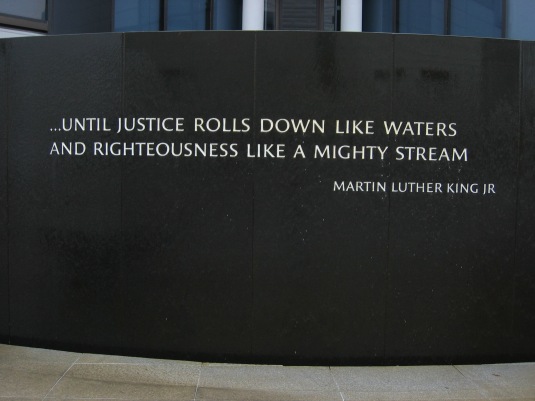
By Colin Mutchler from Brooklyn, United States via Wikimedia Commons
When Emotions Make Better Decisions – Antonio Damasio
How does emotion affect the way that we respond to the world?


